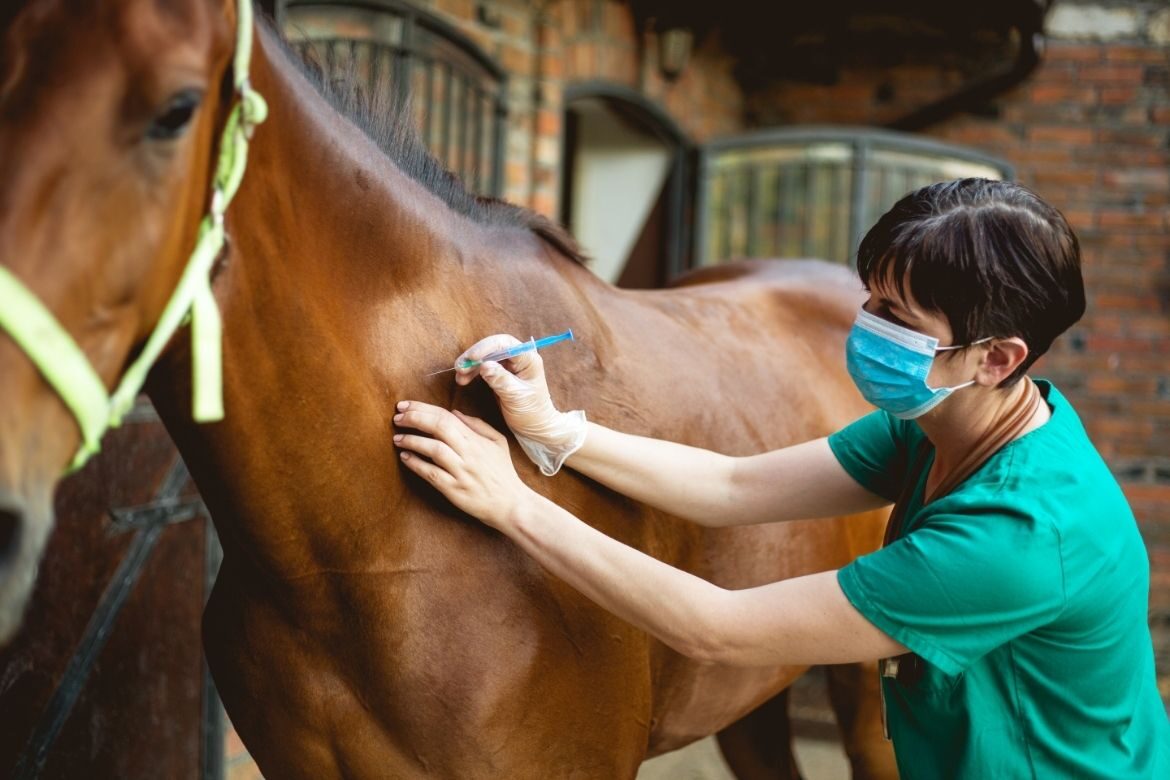IFA Animal Health Chairman TJ Maher expressed his views after a recent Antiparasitic Resistance Stakeholder meeting. Maher said that there is a lot of work to be done in advance of the June 2022 deadline to maintain the competitive supply of veterinary medicines for farmers, and to ensure the active involvement of licensed merchants, co-ops and veterinary pharmacies.
He said little progress has been made to resolve the issue of ensuring the continuation of a competitive supply chain for farmers. “The Minister for Agriculture Charlie McConalogue has provided a window of opportunity by deferring implementation of this aspect of the new EU veterinary medicine regulations until June. Unless meaningful engagement takes place with key stakeholders to resolve the competitive supply concerns for antiparasitic products, this action will have been worthless.”
“All of the control is in the hands of one service provider, who in turn will be provided with a significant advantage at the expense of licensed merchants, co-ops and veterinary pharmacies. This in turn reduces competition for farmers.”
For the National Veterinary Prescribing System (NVPS) to deliver on DAFM obligations in the New Regulation to gather data on Antimicrobial Usage requires a significant amount of testing and enhancements, including the provision for prescribing based on active ingredients to maximise the opportunity for competitive purchasing of products he said.
For the proposed TASAH funding that will be provided to vets for parasite control on farm visits, the chairman said that unless fundamental changes are made to the programme, there will only be one beneficiary and it will not be farmers.
He summed up saying that the Antiparasitic Resistance Stakeholder Group has failed in delivering on its key function in relation to the new EU Veterinary medicines regulation.
LSL News.

